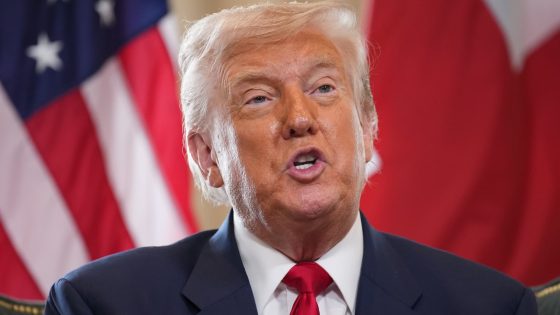Trade tensions between the U.S. and Mexico are heating up as President Trump announces a delay on tariffs amid ongoing negotiations. This decision comes just before the August 1 deadline, which was initially set to impose new trade rates.
- Mexico retaliates with tariffs on U.S. goods.
- Trump delays tariffs during trade negotiations.
- Agreement on Fentanyl and auto tariffs.
- Non-tariff trade barriers to be terminated.
- Uncertainty affects global trade deal timelines.
- U.S. seeks trade deal within 90 days.
In a recent conversation with Mexican President Claudia Sheinbaum, Trump described their dialogue as “very successful.” He confirmed that Mexico will maintain tariffs on certain goods, including a 25% Fentanyl Tariff and a 50% Tariff on steel and aluminum.
As the deadline approaches, businesses across the U.S. are left wondering how these tariffs will affect their operations. Will this delay lead to a more favorable trade agreement for both nations?
This development raises questions about the future of U.S.-Mexico trade agreements. Will these negotiations yield a more stable trading environment? Consider the following:
- Trump’s administration continues to shift timelines for trade agreements.
- Mexico’s non-tariff barriers remain a point of contention.
- The uncertainty complicates planning for U.S. businesses.
- Trade relations with Mexico are crucial as it is the U.S.’s largest trading partner.
As negotiations progress, businesses and consumers alike should keep a close eye on developments to adapt to potential changes in trade policies.

































